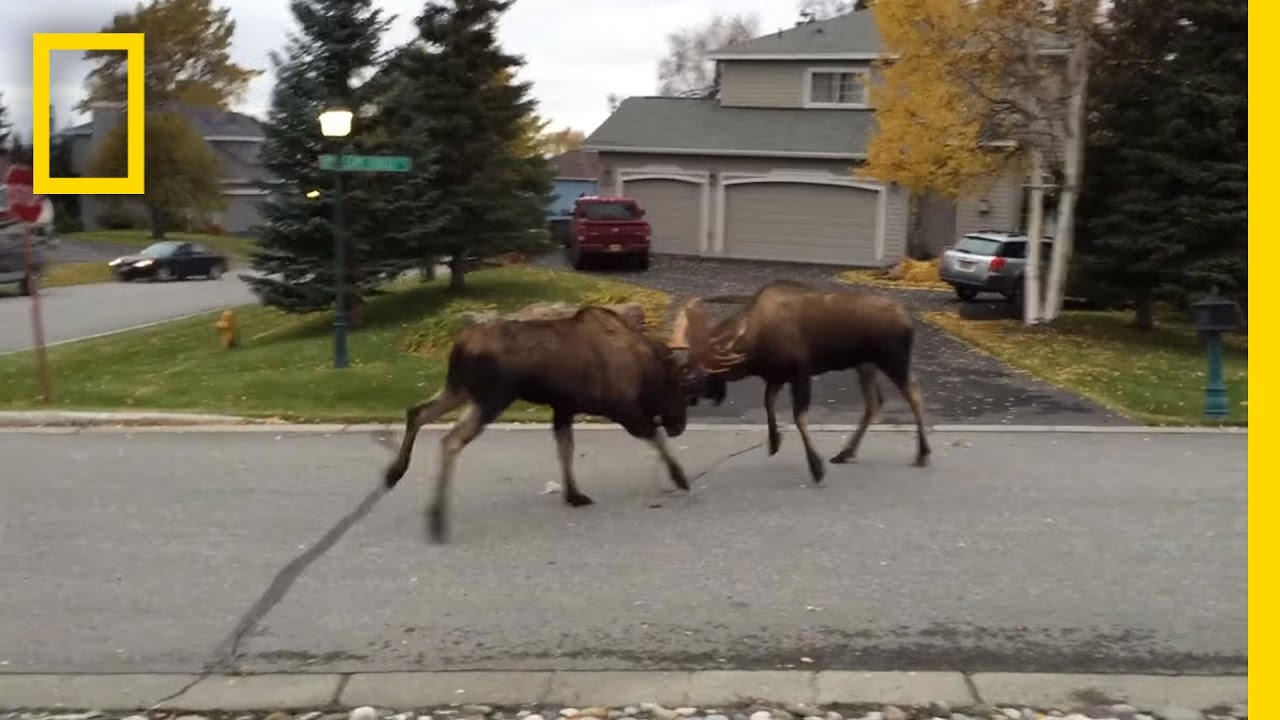The Moose in Rhode Island: Fact or Fiction?
Rhode Island, known for its picturesque landscapes and diverse wildlife, has long been rumored to be home to moose. But is there any truth to these claims or are they merely fiction? In this article, we will explore the historical record of moose sightings in Rhode Island, analyze the climate and habitat suitability for moose in the state, investigate recent moose population studies, migration patterns, and expert opinions, and delve into the efforts of wildlife conservation initiatives in Rhode Island and neighboring states.
Historical Record of Moose Sightings in Rhode Island
Despite the popular belief, historical records suggest that moose sightings in Rhode Island are extremely rare. In fact, there is no concrete evidence of moose ever being native to the state. The last known presence of moose in Rhode Island dates back to the early 18th century when European settlers reported sporadic sightings. However, these accounts are scarce and limited.
Climate and Habitat Suitability for Moose in Rhode Island
Rhode Island’s climate and habitat pose significant challenges for moose survival. The state’s relatively small land area and dense population make it difficult for moose to find suitable habitat and resources. Additionally, the coastal location exposes Rhode Island to maritime influences, resulting in a milder climate that may not provide the ideal conditions for moose.
Moose Population Studies in the State
To shed light on the presence of moose in Rhode Island, several population studies have been conducted. These studies involved extensive surveys, tracking, and monitoring efforts. However, the findings consistently indicate an absence of moose within the state. The lack of evidence further supports the notion that moose are not currently present in Rhode Island.
Moose Migration Patterns in Surrounding Areas
While Rhode Island may not have a resident moose population, its proximity to states with established moose populations raises questions about potential migration patterns. Moose populations in neighboring Massachusetts and Connecticut have been steadily increasing in recent years. It is theoretically possible for moose to migrate into Rhode Island, especially if suitable habitat and resources become available.
Possible Reasons for Lack of Moose in Rhode Island
The lack of moose in Rhode Island can be attributed to various factors. The state’s small land area, dense human population, and limited suitable habitat play a significant role. Additionally, increased development, fragmentation of forested areas, and the absence of large tracts of contiguous wilderness reduce the chances of moose establishing a sustainable population in Rhode Island.
Recent Moose Sightings: Anecdotal Evidence?
Despite the scarcity of documented moose sightings, occasional anecdotal reports surface from time to time. These sightings are often met with skepticism due to the absence of concrete evidence. The rarity and unreliable nature of such reports make it challenging to ascertain their accuracy or the presence of moose in Rhode Island based solely on anecdotal evidence.
Expert Opinions on the Presence of Moose in Rhode Island
Experts in the field of wildlife biology and conservation generally concur that the presence of moose in Rhode Island is highly unlikely. The combination of limited suitable habitat, historical absence, and lack of population studies supporting their presence underpins this consensus. While individual opinions may vary, the scientific community largely supports the notion that moose are not currently found in Rhode Island.
Rhode Island Wildlife Conservation Efforts and Moose
Rhode Island has a long history of wildlife conservation efforts, which have primarily focused on protecting and restoring native species. While moose may not be part of these conservation efforts due to their historical absence, the state’s commitment to preserving wildlife and their habitats indirectly contributes to the overall health and diversity of ecosystems, benefiting all species, including potential future moose populations.
Moose Conservation Initiatives in Neighboring States
Neighboring states, particularly Massachusetts and Connecticut, have implemented various moose conservation initiatives due to their established populations. These initiatives aim to ensure the long-term survival and sustainable management of moose populations. The success of these programs could serve as a model for potential future moose conservation efforts in Rhode Island if the species were to return to the state.
Public Interest in Spotting Moose in Rhode Island
Despite the lack of concrete evidence of moose in Rhode Island, public interest in spotting these magnificent creatures remains high. Many Rhode Islanders travel to neighboring states in hope of glimpsing a moose. Wildlife tourism related to moose sighting is a significant economic driver in areas where moose are present. This fascination with moose demonstrates the public’s desire for diverse wildlife experiences, even in states where these animals are not native.
Future Prospects: Will Moose Return to Rhode Island?
While it is impossible to predict with certainty, the return of moose to Rhode Island seems unlikely in the near future. The factors that have historically limited their presence, such as habitat suitability and population dynamics, remain unchanged. However, as neighboring states’ moose populations continue to grow and expand, it is not entirely impossible that moose may eventually recolonize Rhode Island if suitable conditions arise. Until then, the allure of moose sightings will remain a distant dream for Rhode Island residents and visitors alike.





